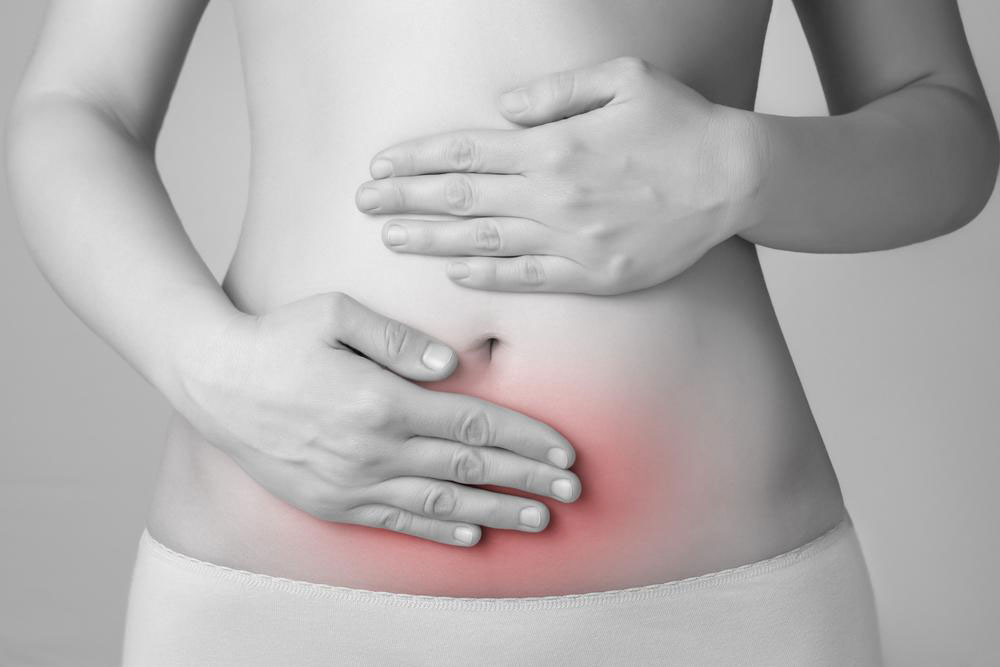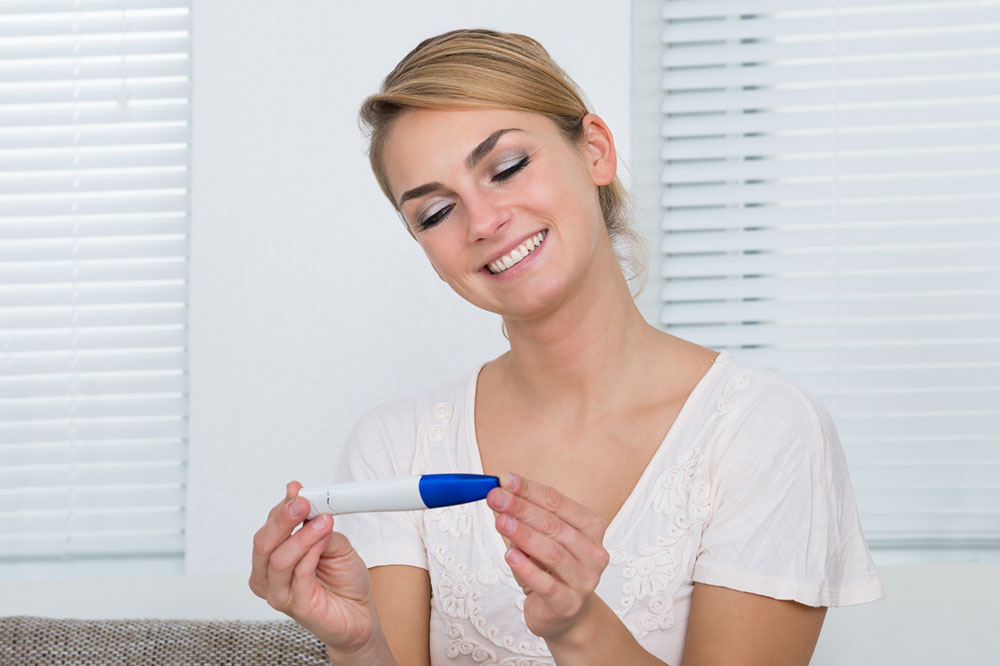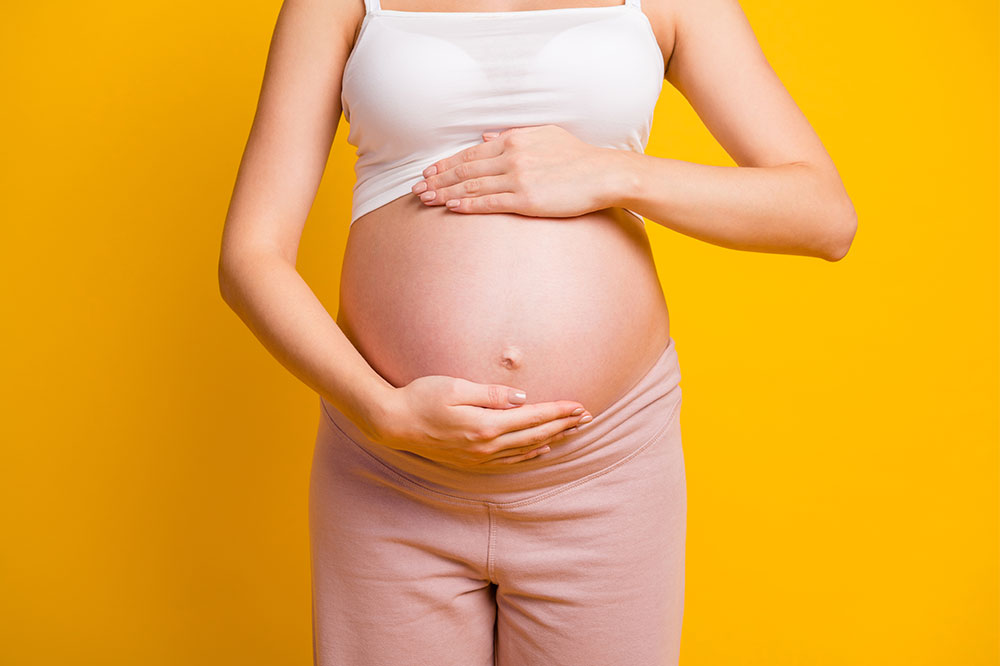Early Signs and Symptoms of Pregnancy: How to Detect Confidently
Discover comprehensive insights into the early signs of pregnancy, including missed periods, nausea, fatigue, and more. Learn how these symptoms can help women detect pregnancy earlier and understand when to seek medical confirmation. This guide provides valuable information on recognizing early pregnancy indicators and emphasizes the importance of professional verification for safe and timely care.

Discovering pregnancy in its initial stages is an exciting milestone, yet it can sometimes be challenging to identify without medical testing. However, recognizing the early signs and symptoms can give you a helpful indication that conception has occurred. While a pregnancy test remains the most reliable method for confirmation, understanding the common early symptoms can prompt timely medical consultation and planning. These symptoms often develop within the first few weeks after conception, and being aware of them can help women respond quickly to their body's signals.
One of the earliest and most noticeable signs of pregnancy is a missed menstrual period. For women with regular cycles, a delay often prompts suspicion of pregnancy, especially when accompanied by other symptoms. Light spotting, often called implantation bleeding, may occur around the time when the fertilized egg attaches itself to the uterine lining. This bleeding is typically lighter and shorter than a regular period, and it may be accompanied by mild cramping. Recognizing these subtle changes can be instrumental in early detection.
Nausea, often termed morning sickness, is one of the most well-known early pregnancy symptoms. Although it commonly occurs during the first trimester, some women may experience nausea earlier, even before their missed periods. This symptom can encompass feelings of queasiness, vomiting, or a heightened sense of smell that triggers discomfort. Changes in food cravings or aversions also characterize early pregnancy. Women may find themselves suddenly desiring certain foods or developing aversions to others, which may seem unusual compared to their normal preferences.
Fatigue is another common early sign, caused by hormonal shifts that increase the body's need for rest. Women may notice they feel more tired than usual, even after sufficient sleep. Breast tenderness and swelling are also typical early symptoms. The increase in hormone levels, particularly estrogen and progesterone, can cause the breasts to feel sore, swollen, or more sensitive to touch.
Additionally, pregnant women often experience an increase in urinary frequency. This occurs as hormone levels rise and lead to increased blood flow to the kidneys, causing the bladder to fill more quickly. This increased need to urinate can happen as early as a few weeks after conception.
While these signs can provide clues, they are not definitive on their own. Many of these symptoms can overlap with other conditions or temporary bodily changes. Therefore, if you suspect pregnancy based on these early signs, taking a home pregnancy test or consulting a healthcare professional is essential for confirmation. Early pregnancy detection allows women to begin prenatal care promptly, ensuring better health outcomes for both mother and baby.
Understanding these early signs empowers women to listen to their bodies and seek medical advice at the earliest opportunity. Recognizing the variations in symptoms among different women helps set accurate expectations and reduces anxiety during this pivotal time. In any case, a visit to a healthcare provider for reliable testing and personalized advice remains the best course of action after noticing any of these early symptoms.





